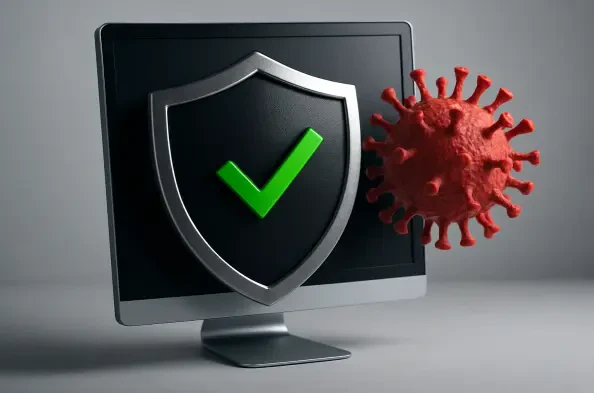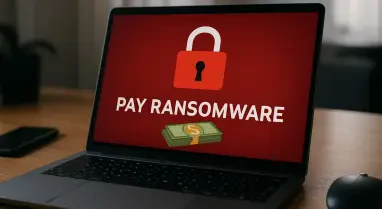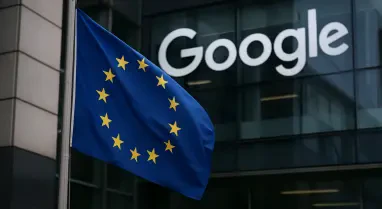Meet Vernon Yai, a renowned data protection expert with a deep focus on privacy protection and data governance. As a thought leader in risk management and innovative prevention techniques, Vernon has dedicated his career to safeguarding sensitive information. In this interview, we dive into his insights on transitioning to privacy-focused email services like Proton Mail, exploring the motivations behind such a switch, the unique features that stand out, and the broader implications for personal data security in an increasingly digital world. Join us as Vernon shares his expertise on navigating the balance between usability and privacy.
What inspired you to move away from traditional email services like Gmail and explore alternatives like Proton Mail?
Honestly, it came down to a growing unease with how much data traditional email providers collect and store. After years of using Gmail, I started to feel like my inbox wasn’t truly mine—every email, every interaction felt like it was being mined for insights. Privacy became a non-negotiable for me, especially in my line of work where protecting sensitive information is everything. I wanted a service that prioritized security over convenience, and Proton Mail stood out because of its end-to-end encryption and commitment to not scanning emails for ads or data. It was a shift in mindset, realizing I didn’t have to trade privacy for functionality.
How did Proton Mail’s approach to managing newsletters and subscriptions impact your inbox organization?
It was a game-changer. Proton Mail automatically flags mailing lists as newsletters and separates them into their own view, which made it so much easier to see what was cluttering my inbox. I could quickly check how many messages a particular list had sent and decide whether to keep or ditch it. Unsubscribing was straightforward, and even better, the platform tracks which services you’ve unsubscribed from. I found a handful of companies still sneaking emails through after I thought I’d opted out, and Proton helped me hunt those down and get off their lists for good. It’s a small feature, but it gave me back control over my inbox.
What are your thoughts on Proton Mail’s interface compared to other email platforms you’ve used over the years?
The interface feels familiar yet refreshing. By default, you get a list-style inbox that’s reminiscent of Gmail, with options to adjust spacing for a more compact look if you’re dealing with a lot of emails. I’ve also played around with their column layout, which puts your inbox on the left and a preview of the selected email on the right—great for multitasking. What I appreciate are the subtle touches, like the toolbar for contacts and calendar integration, and how intuitive the folder and label system feels. Compared to other platforms, it’s less flashy but more focused on usability without overwhelming you with unnecessary bells and whistles.
Can you walk us through some of Proton Mail’s standout features for composing emails and how they’ve been useful in practice?
Absolutely. One feature I love is the ability to set a password for emails, which encrypts the message no matter where it’s going or what server it passes through. I’ve used this for sharing sensitive info with clients who aren’t on Proton Mail—it adds an extra layer of security. Then there’s the expiration date option for messages, which I find handy for time-sensitive communications; the email just vanishes after the set period, reducing the risk of it lingering somewhere it shouldn’t. I’ve also attached public keys for encryption when corresponding with tech-savvy contacts. It’s a bit niche, but essentially, it lets the recipient verify the email’s authenticity and encrypt their reply back to me. These tools make security feel seamless rather than cumbersome.
Why do you think the local AI writing assistant in Proton Mail is such a significant feature for privacy-conscious users?
It’s huge because it addresses one of the biggest privacy concerns with AI tools—data exposure. Most AI writing assistants run on remote servers, meaning every prompt you type and every response generated could be stored or analyzed by the provider. With Proton Mail, the AI runs locally on your device, so nothing leaves your system. That’s critical for me, especially when drafting emails with confidential details. Sure, it’s not as lightning-fast as server-based options, and you need a decent machine to run it, but the trade-off is worth it. It’s about keeping your data under your control, which aligns perfectly with why I switched to Proton Mail in the first place.
How does Proton Mail enhance security when it comes to reading emails and interacting with their content?
They’ve put a lot of thought into this. By default, emails load with full rich text and images, but Proton Mail blocks images if there are trackers embedded in them, which is a common tactic for phishing or tracking user behavior. I also appreciate how it prompts for confirmation before opening links, showing the full URL so you can verify where it’s taking you. That’s especially useful on mobile, where you can’t just hover over a link to check its legitimacy. These features aren’t just add-ons; they’re built into the experience to protect you from malicious content without making the app feel clunky or overprotective.
What’s your forecast for the future of privacy-focused email services like Proton Mail in the broader digital landscape?
I think we’re going to see a significant rise in demand for privacy-focused email services as more people wake up to the reality of data collection and surveillance. With increasing regulations around data protection and high-profile breaches making headlines, users—both individuals and businesses—are starting to prioritize security over convenience. Platforms like Proton Mail are well-positioned to lead this shift because they’ve built trust through transparency and robust encryption. My forecast is that within the next five to ten years, privacy will become a default expectation rather than a niche feature, and services that can’t adapt to that standard will struggle to stay relevant. It’s an exciting time for digital privacy, and I’m curious to see how the landscape evolves.






